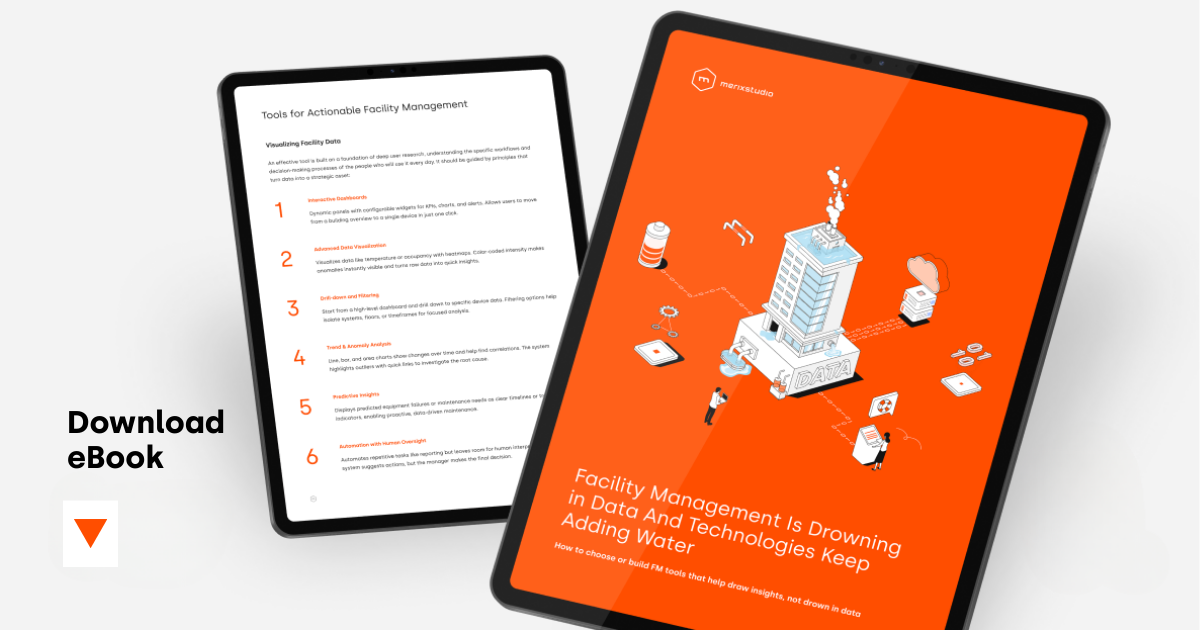The preparation of the event requires planning of individual elements, gathering appropriate resources, and completing the organisers' team. Of course, not everything can be planned, but there are some elements that you can take care of in advance. Is there some "Must-Do" list that will help you to keep the preparation going smoothly? Of course, there is!
Planning is everything!
- Goals The first, most basic thing you need to do is determine what your goal for the event is. Do you want to increase brand awareness? Emphasise the launch of a new product on the market? Or maybe just build a specific community around a topic that is important to you? What will be your determinant of whether you achieved your goal? It could be a number of participants or the event reach on Facebook - depends what you find the most important. You should start your planning by specifying all of those things.
- Participants When you decide what your goals are, it will be easier for you to go through the topic of the ideal group of recipients, which are merely your expected participants. As with all other advertising activities, you should know who your recipient is. Based on this knowledge you will be able to choose the right program, communication, or even catering for the event.
- Budget In case of events, you should always assume that something will go wrong and have the right supplies to fix it. The simplest estimating method is: I want to spend X, so I have to prepare X + 0.2X. When it comes to the budget, it is also worth considering early what are the possibilities to obtain a sponsor and whether (and how) you will try to win them over.
- Place The issue of space for an event can be resolved in various ways. If it's crucial for you not to invest a significant amount of money, organising an event in your headquarters seems to be the best solution. However, if you need more space than you have, you must do research. You should base your decision on the price of rent, space, equipment of the place, convenience of travel, possibility of eating (whether there is catering in the building / the area or if you can deliver your meals and eat on site), and opening hours and availability of the building.
- Time My favourite topic when organising an event is time since bad time management causes a lot of difficulties. The first thing you need to do is set a date. This is not done by choosing it willy-nilly, but taking into account the availability of organisers and place of the event, the actions of your competitors, other events in the city, and time of the year.
If you already have a day - you need the beginning and ending hour. Here you have a little more freedom, but if you want to be nice to your participants, you can also take into account such factors such as commute to the venue at the time you want to start or public transport changes planned by the city.
All that remains is to estimate how long you want your event to last. Remember that on the duration depend such things as the amount of water and snacks, the involvement and concentration of people, the time for tidying up afterwards. The first editions can be particularly tricky since you may underestimate those type of factors but keep in mind that with each new event you will gain practical knowledge and plan better. - Tickets Another question that you have to ask yourselves is whether you are planning to sell tickets before the event. Such a procedure will always provide some additional financial resources. However, you can't estimate their amount so it can’t be assumed as part of a fixed organisation budget. If you want to earn from the event, it is also worth thinking whether tickets are the only thing that will provide that income or maybe there something else you can charge for?
- Meals and drinks When planning a more extended event (lasting more than 2-3 hours), it is necessary to think about food for the participants. It may be coffee, tea, fruit, or baked goods since no one will expect fancy lunches on a mini event. If you have a bigger budget, you can try cold buffet catering (of course, with vegetarian option). Regardless of what option you choose, you must inform participants about it earlier. Nowadays, many people are on different diets, and therefore it is always necessary to provide information that there will be only sweets so the participants will plan their meals accordingly.
- Topics This point is also related to your goals. The subject of the event may be your product, but it may also be something that's popular on the market at the moment. Depending on what you want to achieve, you should choose your topic accordingly. It is, of course, worth researching whether there are many events on the market with a topic similar to yours and how many participants they have. The subject also depends on the next point in planning.
- Schedule The event should have an agenda since the sole topic won't be enough to attract participants. That's why you need a program, attractions, guests or specialists who conduct lectures, moderated panels, or workshops. You adapt your program to the subject of the event. Nobody forces you to hire specialists from the other end of the country; if the event is about things related to the activities of your company and the industry, you can always take the advantage of the knowledge and experience of your employees.
Based on my experience, these nine points are the absolute minimum that needs to be taken care of when organising an event. Of course, apart from these elements, you should also remember about:
- the paperwork (contracts, consents, personal data protection),
- premedical care,
- signs or routes for people to easily reach your event (you don't want anyone to get lost),
- supervision during the event (nothing irritates me more than the neglect of communication with participants during the event and delays that are not explained).
When the event grows, you can consider gaining sponsors and partners, creating packages for participants (corporate gadgets work well), and working with media patrons.
Treat the participant as you want to be treated
In this article, I wanted to focus more on the essential elements of planning the event. I didn't cover the topics of media communication nor all marketing and PR activities. This does not mean that they should be neglected - on the contrary, they should be thoroughly thought out, but simply were not the subject of my article.
The important thing to keep in mind when organising the event is that it’s not for you, it’s for participants. You don't organise workshops, fairs, and lectures for yourself, but for the recipients that need to expectedly react to it (buy a product, become an employee, talk about us well in the industry, etc.). Respect yours and participants' time, plan as much as possible in advance, and you will succeed.
.svg)






.svg)
.svg)
.avif)

.avif)
.avif)
.avif)
